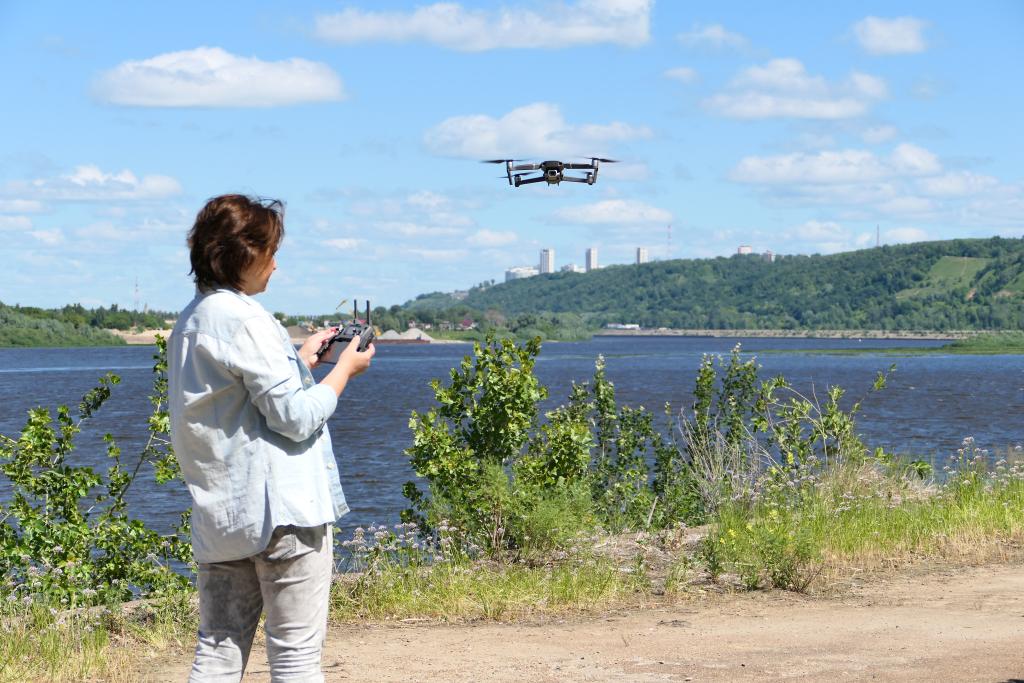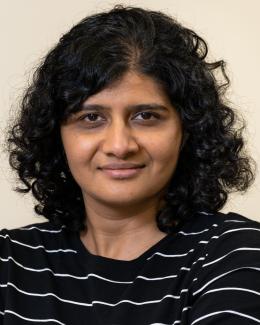Invention Reference Number

Summary
Wireless charging systems work best when they operate at high frequencies that match their resonant frequency, which helps increase the distance over which power can be transferred and makes the process more efficient. However, operating at these high frequencies can lead to high voltages across the system's inductors and capacitors, which are the components that store and transfer energy. Using individual, separate components often makes the system less efficient and more complicated to manage. To improve this, the technology now integrates tuning capacitors directly with the transmitter and receiver coils. This integration leads to enhanced efficiency and better control of the charging system.
Description
One of the major obstacles to long distance wireless charging, such as in unmanned aerial vehicles, is voltage stress on the components. Typically a copper coil has an external capacitor that resonates with that coil and enables power transfer. But as distances increase, coupling between transmitter and receiver becomes challenging and the system must operate at increasingly higher frequencies. When larger amounts of power are required to be transferred, the voltage and/or current across the capacitor becomes very high and capacitors are needed in series and in parallel, which drives up the complexity and may lead to unequal component stress. This technology addresses these limitations by integrating the capacitor within the coil by incorporating a layer of dielectric material between copper foils that form the coil and the capacitor. The technology enables different resonant topologies, including in series and parallel, that allows wireless and potentially UAV charging over long distances.
Benefits
- Better control
- More efficient
- Improves power density and system footprint
- Can be applied to single turn copper foil conductors, and several different types of tuning techniques
- Can be applied for multi-turn coils
Applications and Industries
- Drones
- UAV charging
Contact
To learn more about this technology, email partnerships@ornl.gov or call 865-574-1051.




